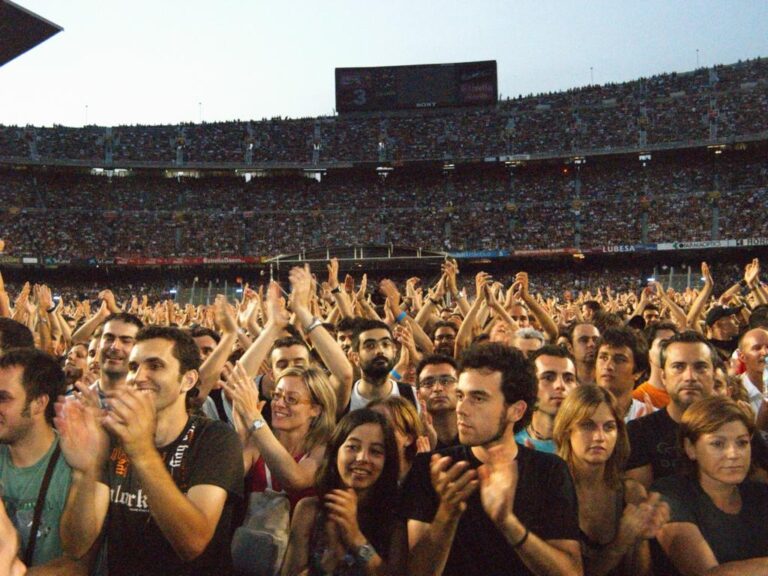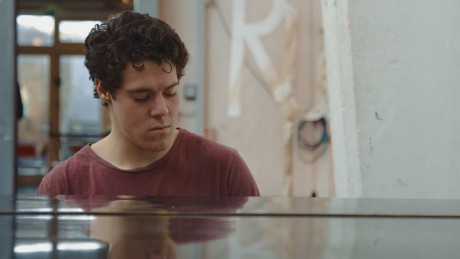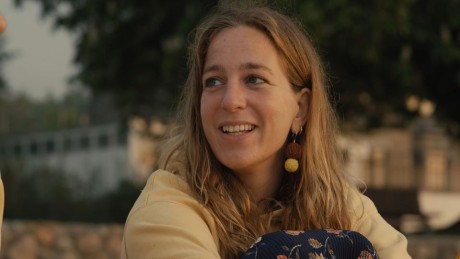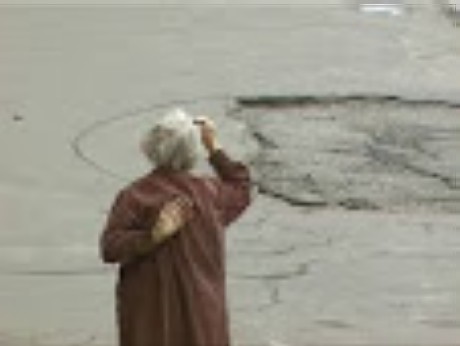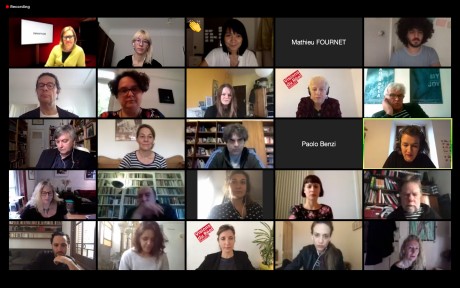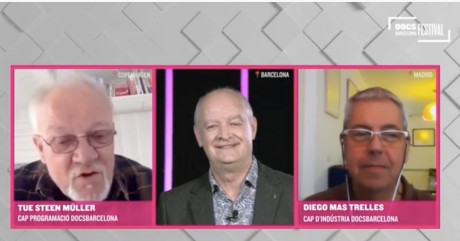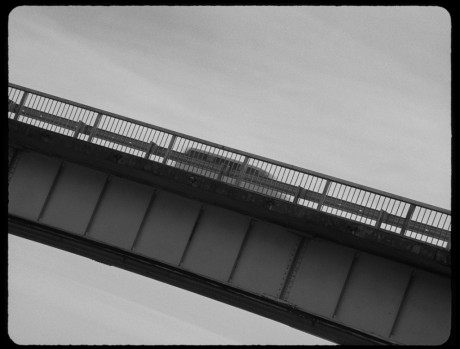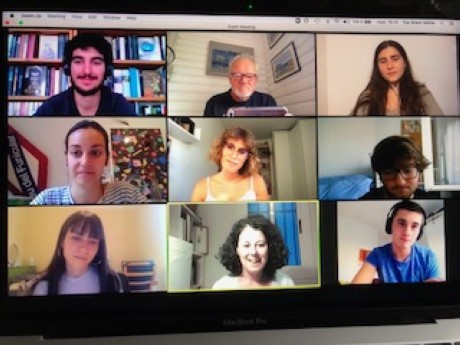Zane Balcus wrote this essay:
New features of something to come were felt in February during Berlinale. Then only a few people were seen on the streets in face masks, but hand disinfectants were regularly provided in the toilets of the European Film Market (and in sufficient amounts for the huge crowds of attendees). In Prague at the beginning of March, the “new reality” arrived in full force during the week of the East Doc Platform (EDP) and One World Film Festival. The festival was suspended due to the ban to gatherings over 100 people. It was painful for those filmmakers who learned only after arriving in the Czech Republic that their film would not be shown in the cinema (like it was for the team of The Earth is Blue as an Orange, who had had so successful start in Sundance, bookings to almost all spring festivals this year (and I’m sure beyond it), which have now moved online).
Dafilms stepped in and the festival immediately switched from physical space
to digital. EDP’s events continued to take place because their size was within the limits, and this was also the result of an increasing sense of insecurity, as part of the planned guests decided not to come shortly before and even during it. In a couple of days, the rules changed again, and even EDP had to move their last events online. While in Prague, the news were coming in about other events: Zagreb Dox will only hold its industry section online, but will move the festival to a later time, CPH:DOX switched to digital, the same for Thessaloniki, Vilnius.
These developments coincided with the launch of a new international organization, the European Documentary Film Association (DAE). DAE’s intention to bring together documentary professionals came at exactly the right time, as it was needed not only as a place for the exchange of information, but also to support each other at the time when previously established stable structures had suddenly dismantled. The Friday hangouts organized by DAE quickly gained a certain structure – participants meet once a week at zoom and discuss certain topics. The topics resonated to the current situation from various aspects of the industry. I joined the group focusing on the pitching forums – what effect does the current situation have on this essential element of the industry? In some way, the crisis pressured to touch upon issues already present before – the number of pitching platforms, sustainability, accessibility, inclusiveness, can digital form be an asset, or what can’t be done online? After a few weeks of discussions, a document was created with the main conclusions (accessible on DAE’s website).
Several of the arguments in favour of or against digital could be experienced at an online visit to Visions du Réel. Nothing of the constituent components of the festival took place physically. I hadn’t planned to go to Nyon this year, but the possibility of attending the festival online made me join it. During the festival, I focused more on the industry section, specifically Pitching du Réel and Docs in Progress. While watching previously pre-recorded presentations assembled in blocks and streamed to the participants, the missing element was the energy of live event – the ability to feel and evaluate project representatives in the course of the presentation, presentation form, trailer nuances on a high-quality and large screen with good quality sound, the interaction of moderator with pitchers and decision makers, audience reaction. The choice of organisers to show video of pre-recorded presentations or to offer live presentations is, of course, dependent on many factors, including that of the different time zones of project teams and experts. Overcoming potential obstacles, digital can be a solution to adapting to the current situation. But it is important to stress that even though technically a lot of components of the event can be carried over to the digital space, still there is something very important that resists adaptation.
In a digital environment, it is more difficult to integrate the social aspects of events where informal meetings take place – possibility to meet projects and experts outside the official programmes. Online format is perfectly capable of maintaining the form of industry events, but it can’t replicate all content – networking is the missing link. Attempts to create a more informal atmosphere in a digital environment are different: for example, all industry participants of Visions du Réelwere invited to joined the zoom platform before the presentations began. When “I arrived” 6 minutes before the indicated start time, 4 “pages” of people were already there, and soon it increased to 8 pages, with a total of around 200 people. Having light latinomusic in the background, the organizers greeted familiar colleagues whose “entry” into the virtual space they spotted. Element of an informal atmosphere was created also after the awards ceremony – guests were diverted to zoom rooms where to talk with others in manageably small groups. At any time, it was possible to return to the main room and join another room to continue talking again with other people. When one of the guests suddenly vanished from the room I was sent to, I thought it was in some way similar to a situation in a physical reception or happy hour, when you drift from one group of people to another, and can spend like this the whole evening. On the other hand, it highlighted the restrictions of a virtual environment: I cannot see where the person went, I cannot know where I should go to meet some of the familiar people I noticed earlier and with whom I would be happy to chat.
Screening Online
Many questions, different reactions and ambiguous attitudes have also been raised about screening films online. Technically, again, it can be done. But is the small screen the most appropriate form? Festivals are important starting platforms for new films, after one festival they travel to the next, and only gradually reach the small screen on the streaming platform. This natural circle has been affected now by leaving festival organizers and producers in an open dialogue – what is the best solution. Discussions about this topic has been present in almost all public discussion accompanying festivals since the end of March. Festival organisers have made a variety of arguments about how to see the current situation – that it is an opportunity to reassess what the festival mission is (stated by Orwa Nyrabia, IDFA), to reflect on how responsible festivals should be in the context of global climate change, what can we learn and keep from the current situation? I align with the colleagues saying that films should be shown in cinemas, that they need the classical viewing form – people watching film on a large screen together in a darkened auditorium. Digital can exist in parallel, but it should not be the main one.
I was fully having this experience in my first online film festival jury work. The organisers of the goEast festival decided that the festival would take place online – part of the programme in May, part in the later months this year. Along with colleagues from Paris, New York and Berlin (Nino Kirtadze, Darya Zhuk, and Christoph Terhechte), we were watching films online, and in several virtual conversations then discussed our impressions and agreed about the winners. There was no opportunity to spend more time with colleagues, as would be the case if we were attending the festival, and watch films in proper conditions.
What these two months (short and long in the same time) have shown is the ability to mobilize, adapt, share. This time has significant losses, but also benefits, as well as the awareness that digital solutions in the context of film festivals and industry platforms are here to stay in greater extent than before. This topic will need the next chapter in written form – after some more months will have passed, with having more time to prepare the events in these new circumstances, and more conclusions to make. This also concerns me a lot as someone, who needs to find the “best possible solution” for the Baltic Sea Docs event in September.
Photo: Expert meeting Visions du Réel.
The article is published here with a courtesy of portal Kino Raksti (www.kinoraksti.lv), where it was originally published there on 18 May 2020 in longer form.



